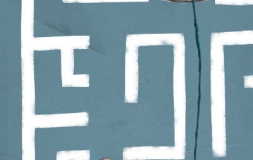Submitted by crinadmin on
Bordered by Latvia and Russia, with coastlines on both the Gulf of Finland the Baltic Sea, Estonia has one of the smallest populations of any European Union Country. After independence from the USSR in 1991, Estonia has made major advances towards a fully functional parliamentary democracy with significant achievements in economic, political and social development. Concerns still remain, however, on issues such as police conduct, the right to a speedy trial, achieving gender equality, child abuse and human trafficking.
Quick Facts
33 Human development index117 Happy planet rankingOrganisations in Estonia
- Attorneys for the Rights of the Child
- Bureau international catholique de l'enfance
- Bureau International Catholique De L'enfance
- Canadian International Development Agency
- Chancellor of Justice-Children's Rights Department
- Estonian Union for Child Welfare
- Estonian Union for Child Welfare (EUCW)
- Eurochild AISBL
- European Foundation for Street Children Worldwide - EFSCW
- Global Campaign for Education
- Global March Against Child Labour
- Institute on Family and Neighbourhood Life
- International Centre for Child and Youth Studies
- International Federation of Business and Professional Women - UK
- International Planned Parenthood Federation
- International Society for Prevention of Child Abuse and Neglect
- Legal Information Centre for Human Rights
- NGO/UNICEF Regional Network for Children in Central and Eastern Europe, Commonwealth of Independent States and Baltic States
- SOS Children's Villages International
- Task Force on Health Promotion for Children and Adolescents in & by Hospitals and Health Services
- The Estonian Union for Child Welfare
- UNESCO
- Unlimited Productions
- Women's World Summit Foundation
- World Association of Girl Guides and Girl Scouts (WAGGGS)

